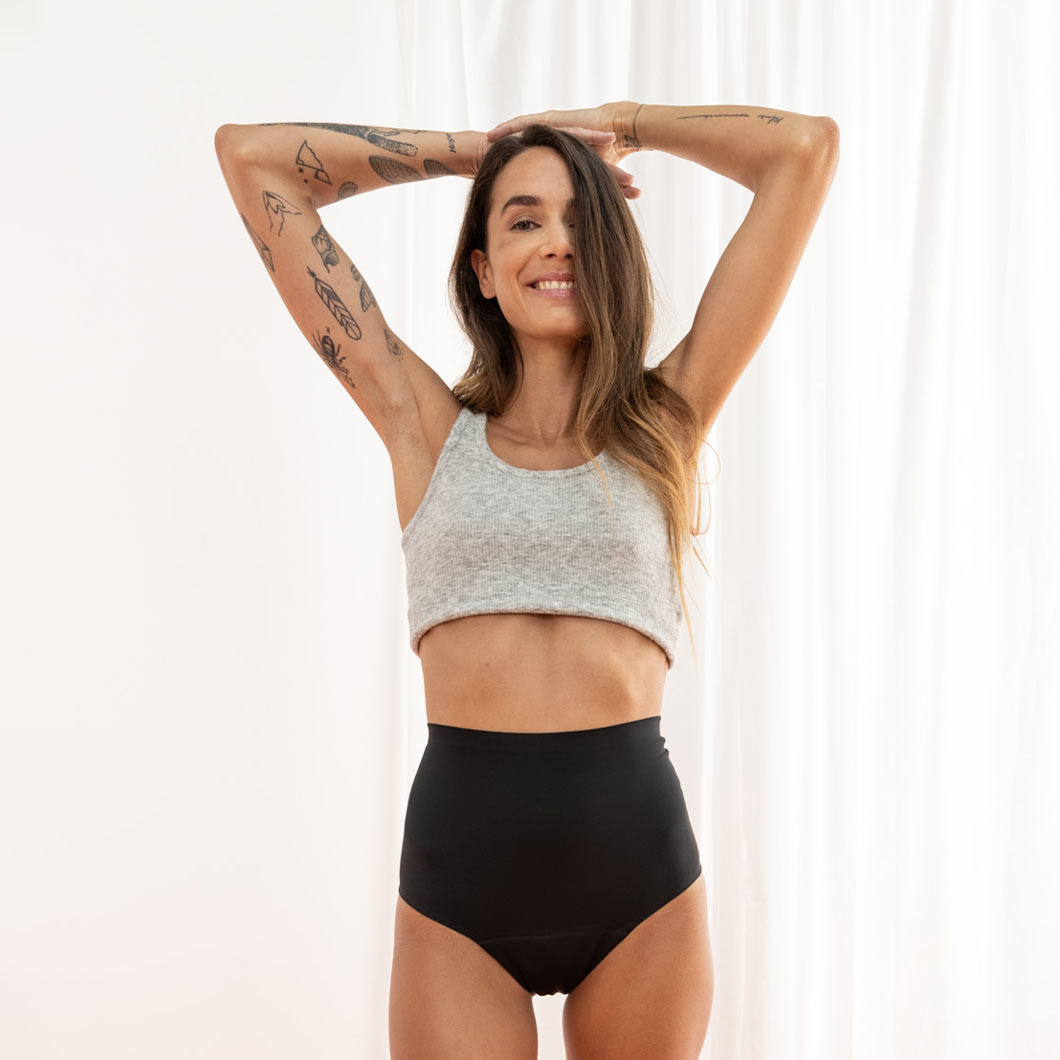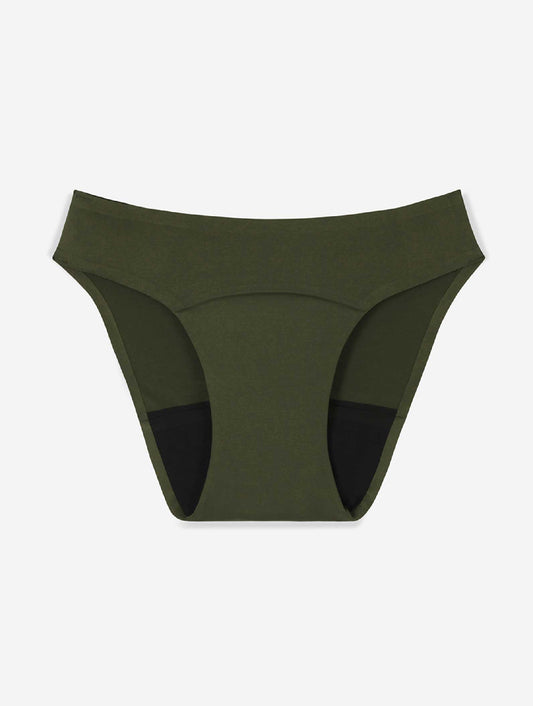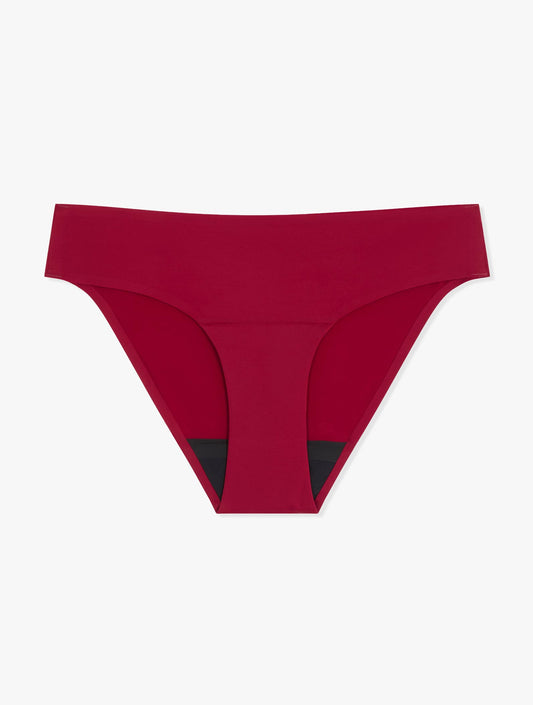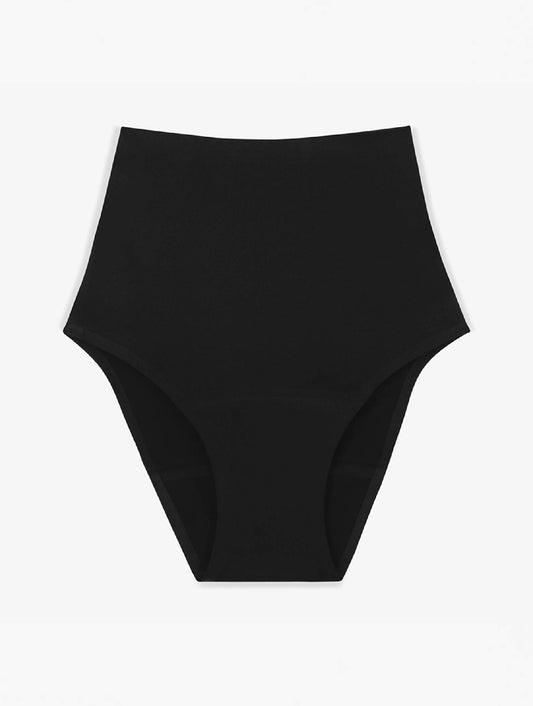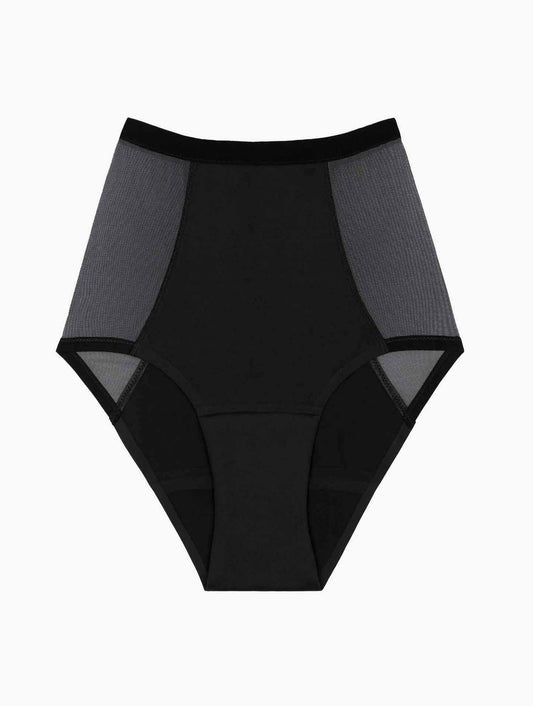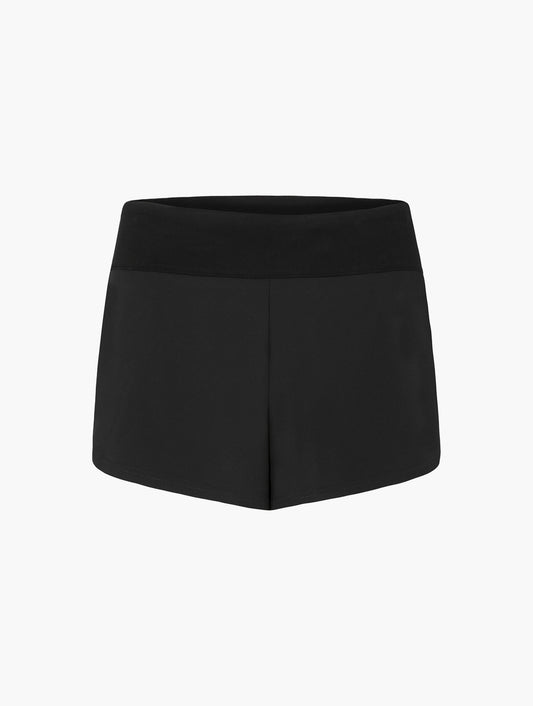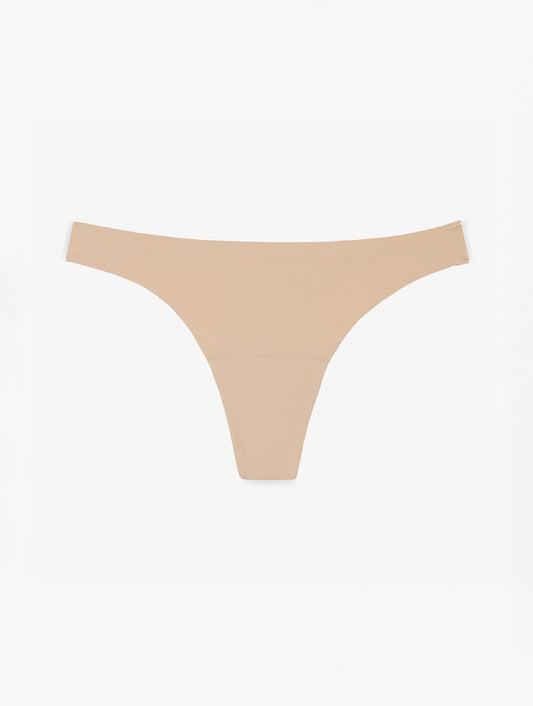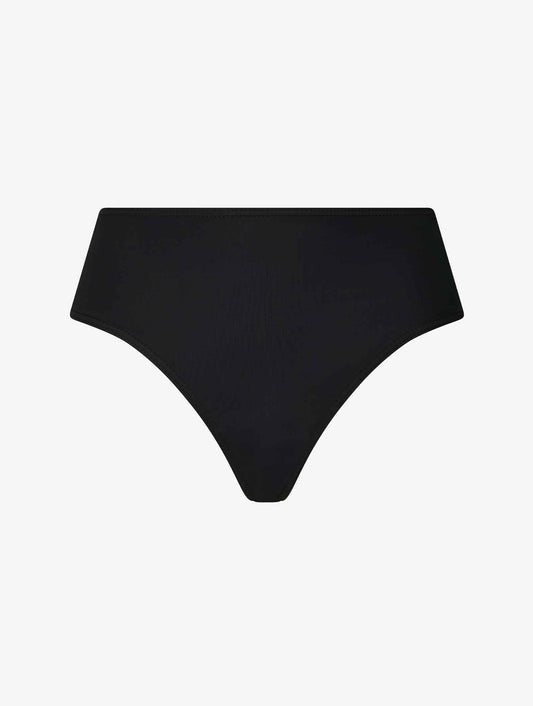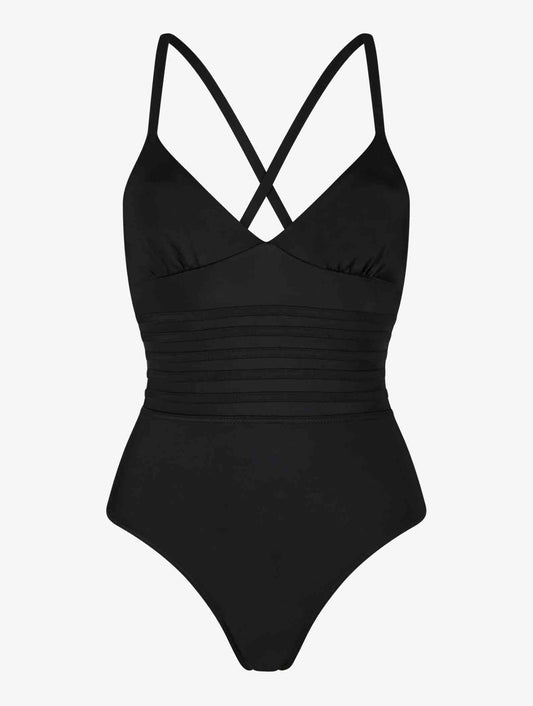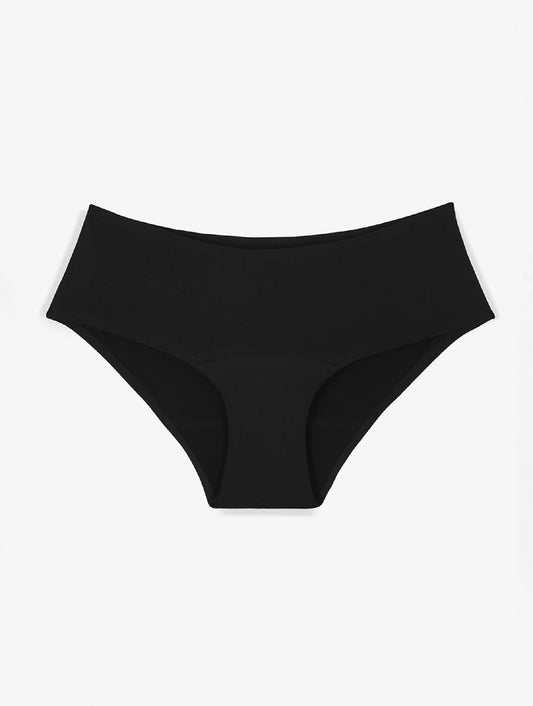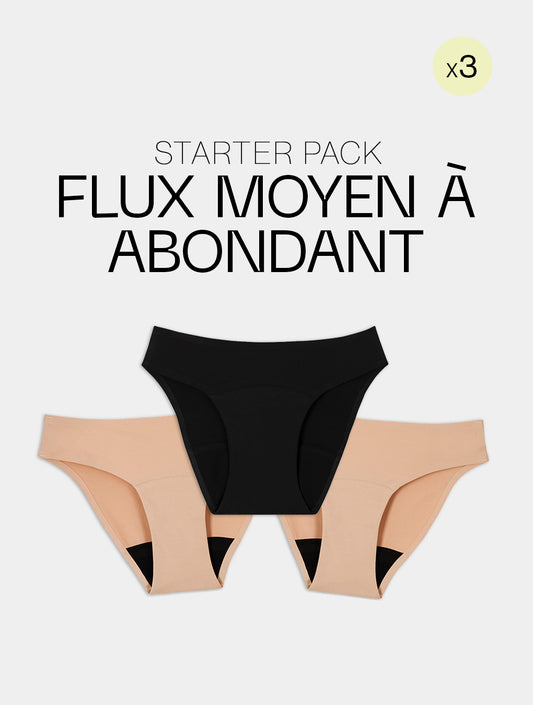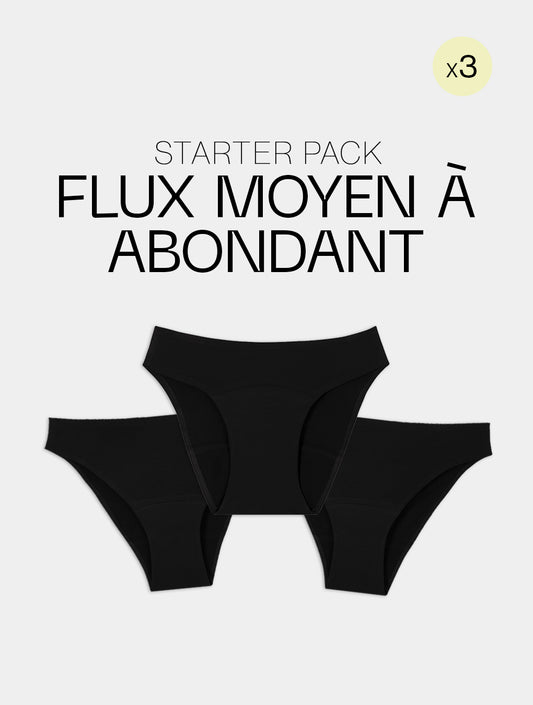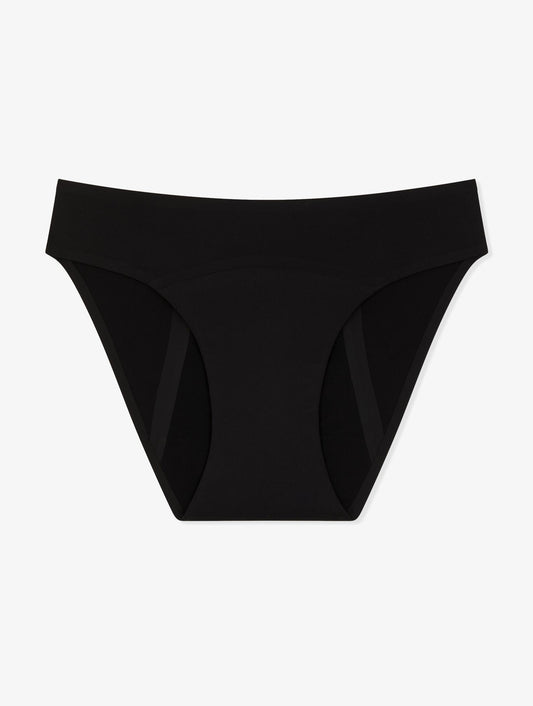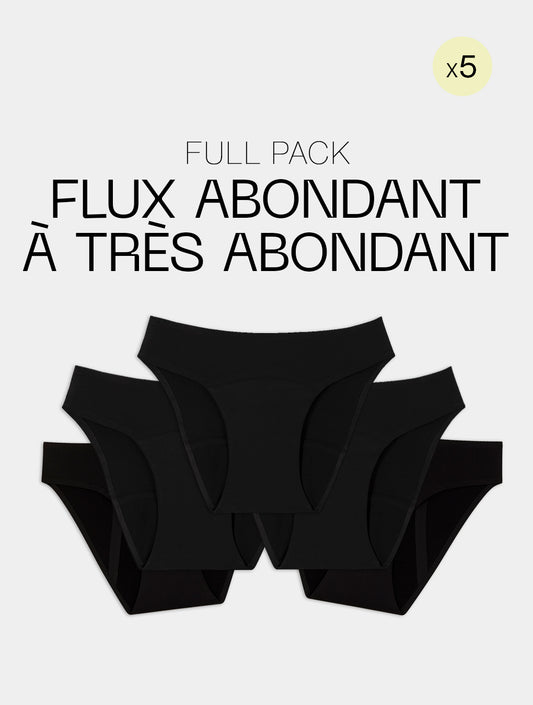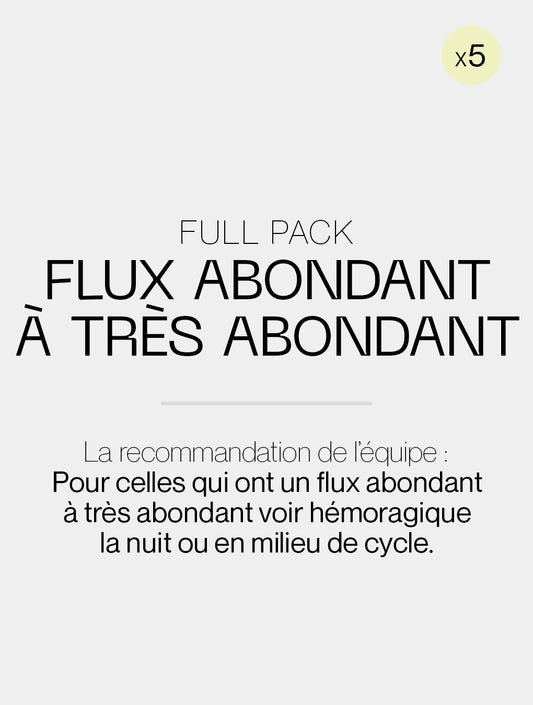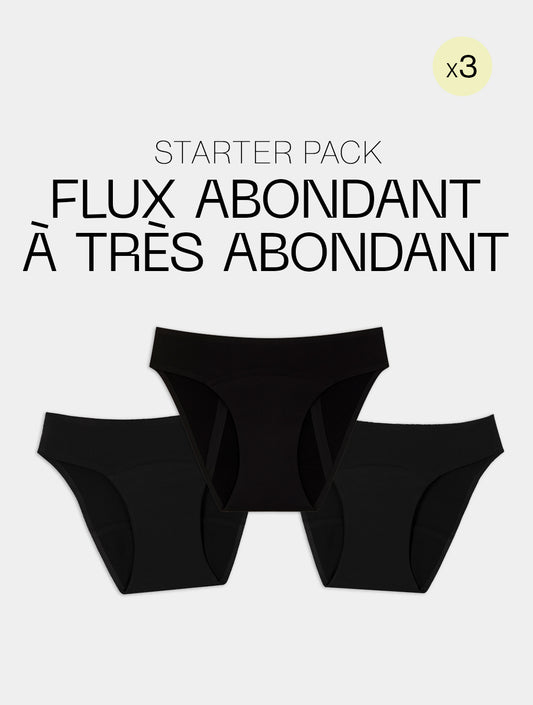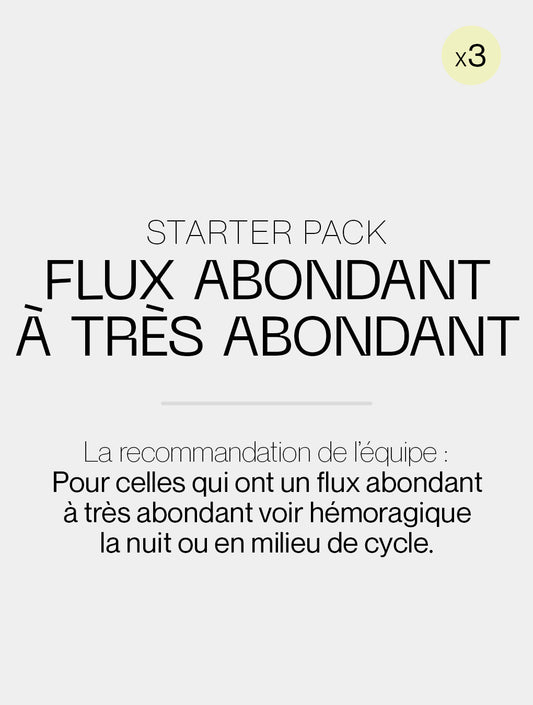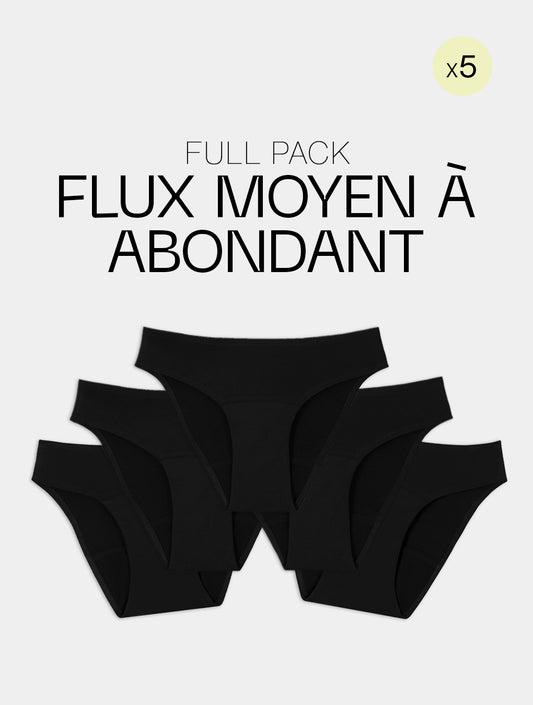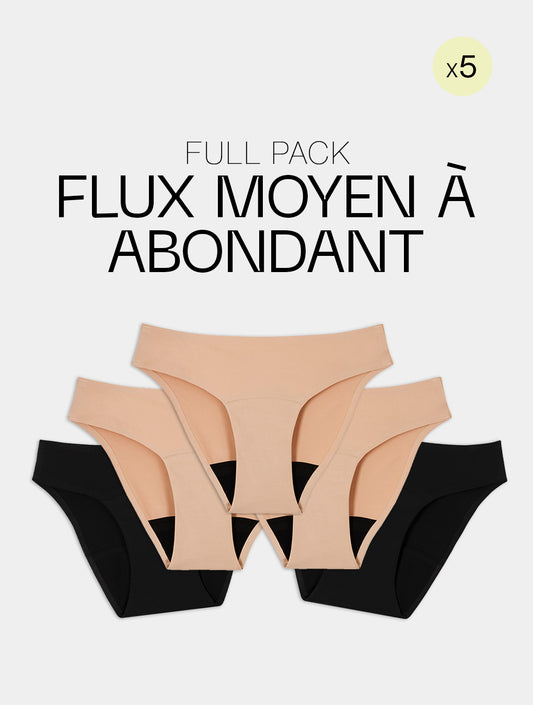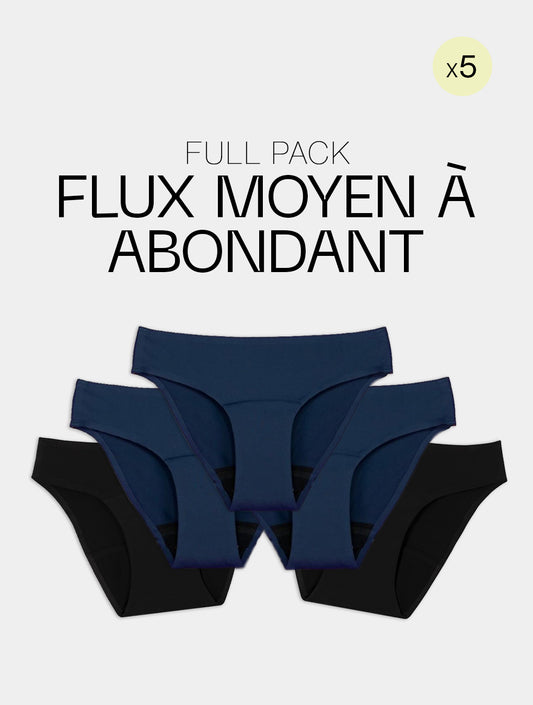Periods and anemia
Do you feel very tired after your period? Do you lose your appetite and become out of breath at the slightest effort? Significant blood loss due to heavy periods can cause so-called iron deficiency anemia. Perhaps you suffer from it like 4 to 8% of European women of childbearing age. The ideal is to carry out a blood test to take stock of your state of health. But first, here are some explanations.
Why can menstruation lead to anemia?
Any blood loss means loss of red blood cells and iron. If your diet does not make up for the deficiency, you risk falling victim to iron deficiency anemia.

Aquila cotton menstrual panties
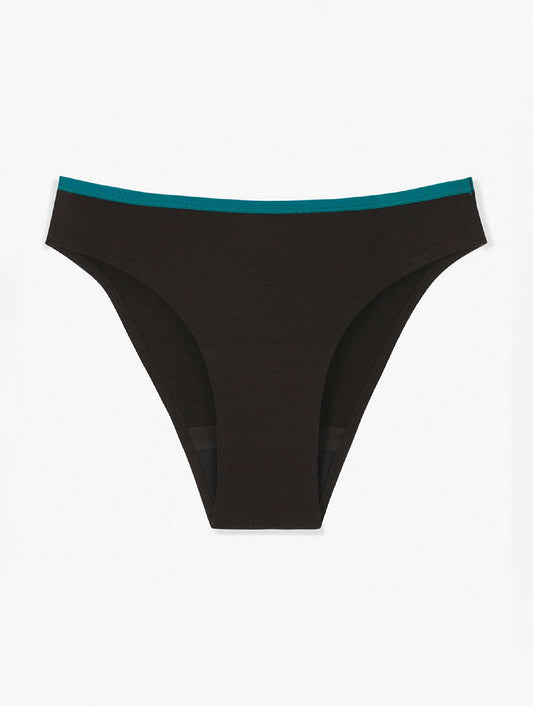
Ara cotton menstrual panties
As iron participates in the transport of oxygen in all cells, a deficiency leads to overall dysfunction of the body. Indeed, cells consume oxygen to produce the energy that our organs and muscles need to be in good working order.
If in addition to your heavy periods , you have had closely spaced pregnancies, you follow a vegan diet or you have a chronic illness leading to poor iron absorption, you are considered a person at risk. So be extra vigilant!
And don't forget to choose your menstrual panties or menstrual swimsuit if you have to go to the swimming pool.
Symptoms of anemia
It is not always easy to spot the symptoms of iron deficiency anemia, especially when it is mild. Here are the main ones:
-
Pronounced fatigue: even lifting our arm exhausts us
-
Pale complexion and white inside of the eyes, instead of red
-
Accelerated heart rate, sometimes to the point of not being able to fall asleep
-
Difficulty taking deep breaths and rapid shortness of breath
-
Cold body extremities
-
Dizziness and vertigo
-
Difficulty concentrating, thinking
-
Digestive problems, stomach aches, nausea
-
Headache
Of course, symptoms don't all appear at the same time and will vary between days and cycles . After each period, try to listen to the signals your body is sending you. Even if your iron deficiency is minimal, it is better to detect it as quickly as possible. Because if you don't act, the lack of iron risks increasing, little by little, until it becomes really annoying.
Limit the risks of anemia during periods
There are no mysteries: if you lack iron, you will have to absorb more. There are two types: heme iron which is easily absorbed by our body and non-heme iron which is much less so. Here are some food sources for these two types of iron:
-
Heme iron: liver, clams, beef, pigeon, black pudding, sardines
-
Non-heme iron: green vegetables, legumes, seaweed, nuts, sesame seeds, dried apricots
As you can see, iron is better absorbed when it comes from animal products. That doesn't mean you can't follow a vegan diet to get your fix. You just have to be more vigilant! Here are some tips to help you.
To promote iron absorption, consume vitamin C at the same time. On the other hand, avoid drinking tea or coffee during your meal. You can also eat nettles which are not only very rich in iron but which also contain all the essential amino acids that your body needs.
You will easily find them at the bottom of your garden if you have one to make a delicious soup. You can also buy it in the form of dried leaves in organic stores to make herbal teas. A good combo for breakfast: fruits rich in vitamin C (kiwi, orange, strawberry) + a large bowl of nettle herbal tea. You will be well hydrated and stock up on iron.
A final, less healthy option is possible: iron-fortified cereals. Choose less sweet ones like the well-known corn flakes for example.
If symptoms persist despite all your precautions, consult your doctor without delay. He will prescribe treatment to supplement you with iron. Unfortunately, the pills are often poorly tolerated and generally cause digestive problems. But it's worth a try if your deficiency is ruining your life.
By Emilie

